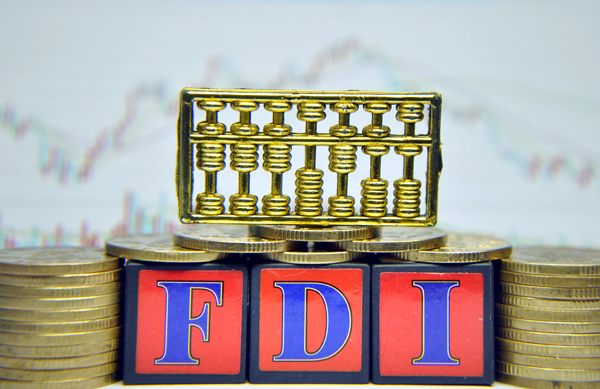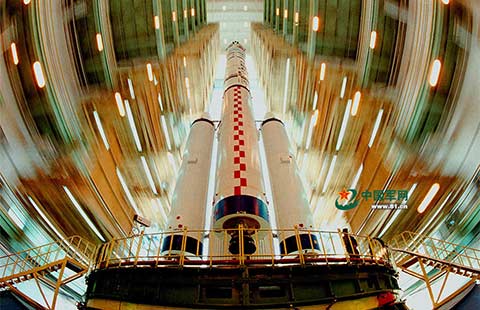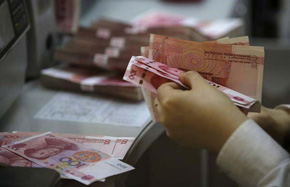FDI seen as stable in final five months despite temporary drop in July
 |
|
FDI in China fell 1.6 percent year-on-year in July to $7.71 billion, compared with a 9.7 percent growth in June, data from the Ministry of Commerce showed. [Photo/VCG] |
Foreign direct investment in China will remain stable for the final five months of this year despite the drop that occurred in July, experts said on Monday.
FDI in China fell 1.6 percent year-on-year in July to $7.71 billion, compared with a 9.7 percent growth in June, data from the Ministry of Commerce, which were released on Friday, showed.
"The decline is only temporary, because of the long-term attractiveness of investment opportunities," said researcher Bai Ming.
"The limited drop does not indicate any wider signs of decline because there were no major changes to global markets that occurred last month," added Bai, a researcher at Beijing-based Chinese Academy of International Trade and Economic Cooperation, the think tank of Ministry of Commerce.
"What we are concerned about for the rest of the year are major events such as the US election between November and December, and potential changes in European economies and global oil and commodity prices," said Bai.
"These factors are capable of affecting the flows of global FDI."
FDI to China reached 49.76 billion yuan ($7.71 billion) last month. The decline came as a slew of economic indicators showed downward pressure in China's economy.
"The FDI decline in July may show that global investors have different views on whether China's ongoing supply-side reform will be steady and sustainable," said Feng Yaoxiang, a spokesman for the China Council for the Promotion of International Trade.
The supply-side reform includes a series of policies to improve the manufacturing and agricultural sectors, public services, environmental protection, the quality and scale of production and the further opening up of the Chinese markets to foreign investors.
In the meantime, Feng said foreign companies were also considering whether further investment in China would bring the same rewards as in the past.
China's gross domestic product grew 6.7 percent year-on-year in the second quarter, which was flat against the first quarter. But fixed-asset investments, industrial output and retail sales all slowed in July.
From January to July, FDI to China rose 4.3 percent year-on-year to $77.13 billion, down from the 5.1 percent gain recorded for the first six months.
Services and high-tech manufacturing continued to attract more foreign investment from January to July.
Overseas investments in the services sector went up 7.7 percent year-on-year - more than 70 percent of the total investment, while high-tech manufacturing climbed 1.5 percent.
FDI from the United States surged nearly 130 percent in the seven months, and from both the United Kingdom and Germany it jumped more than 96 percent.
Altogether 15,802 new foreign-funded enterprises were established in China in the first seven months, up 9.7 percent on a year-on-year basis.























